1. 2-GI Probiotics

Probiotics are mainly used to help your dog's intestinal track when it is upset (i.e., diarrhea), but it can also help with a variety of ailments affecting its skin, eyes or nose. Still, a majority of 2-GI probiotic tablets are given to dogs when they are experiencing an irritated stomach. By giving your dog the appropriate bacteria, probiotics can restore proper balance of intestinal bugs that might be in there. (petMD)
Image via Thinkstock
2. Fish Oil
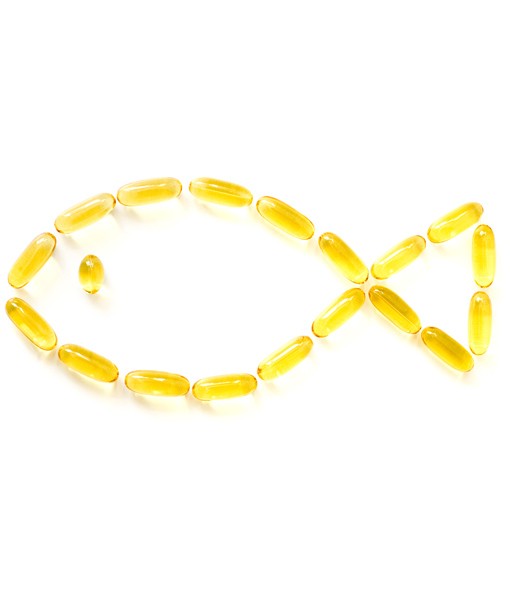
Fish and salmon oils are all important sources of omega-3 essential fatty acids. These can be vital to a dog's immune and nervous system and can help battle allergies and arthritis. Many veterinarians routinely recommend them for inflamed skin conditions as it can reduce the swelling. (petMD)
Image via Thinkstock
3. Milk Thistle
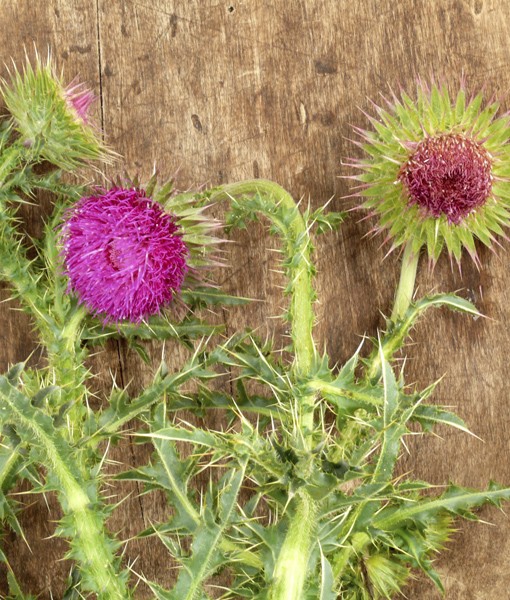
Milk: It does a body good. Milk thistle? It does a dog's body even better! This herbal medicine is known for helping your canine's liver. It can reduce inflammation and prevent disease in the organ. (petMD)
MORE: What Nuts Are Safe for Dogs to Eat?
Image via Thinkstock
4. Fiber Supplements

If your dog suffers from chronic constipation, diarrhea, irritable bowel syndrome and other issues of the GI, fiber supplements may be the solution to their problems. There are many different kinds of fiber supplements, so be sure to consult your veterinarian to find the appropriate one for your dog. (petMD)
Image via Thinkstock
5. Multivitamin
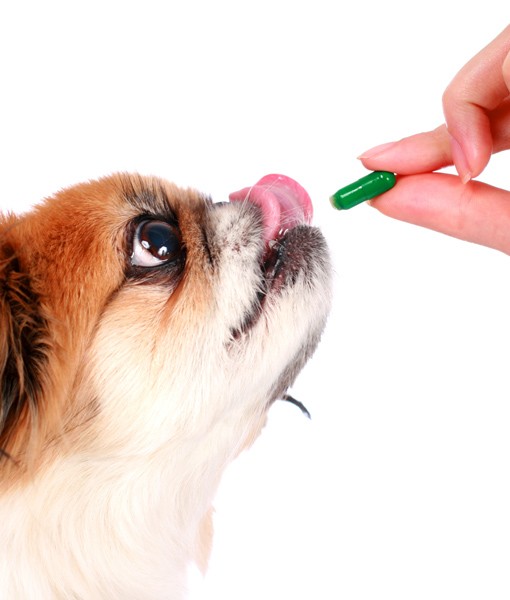
If you are unsure whether your dog is getting enough of the right nutrients in their everyday food, consider adding a multivitamin to their diet. Nearly a third of U.S. dogs take vitamins on a daily basis. However, if your dog is already on a well-balanced diet, it may not need any additional supplements. Check with your veterinarian to see what your dog is lacking before you put him or her on a multivitamin. (petMD)
Image via Thinkstock
6. Glucosamine
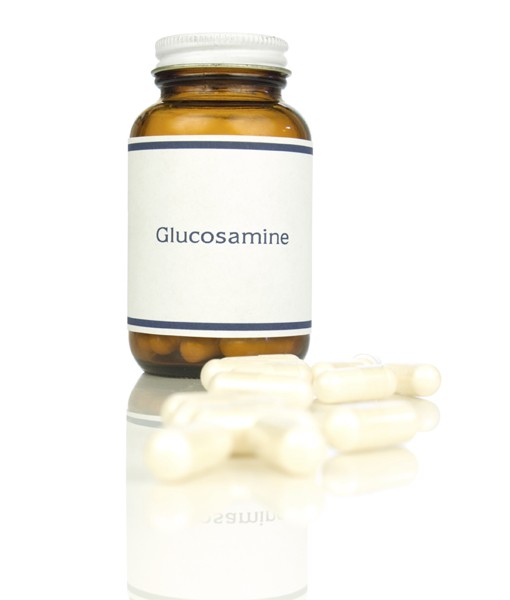
Glucosamine is one of the most highly recommended supplements for canines because it is proven to treat joint disorders such as osteoarthritis and hip dysplasia. Studies have shown that glucosamine supports overall joint cartilage. But as with all other supplements, consult your veterinarian if you are thinking about giving some to your dog. (petMD)
MORE: Low-Energy Dog Breeds
Image via Thinkstock
7. Olive Oil
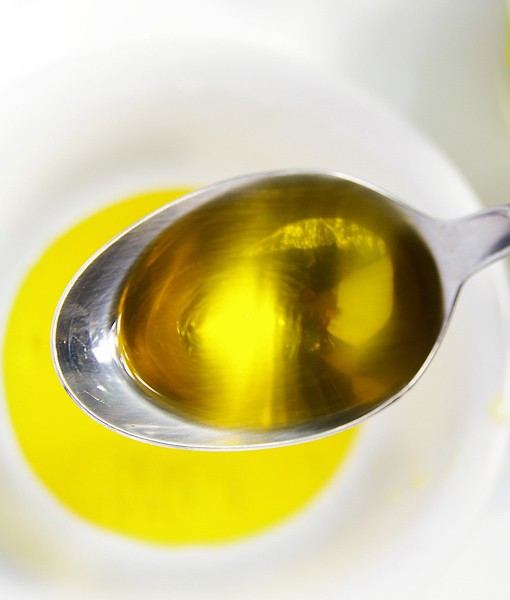
You've probably heard about all of the positive benefits olive oil has on you, but were you aware of what it can do for your dog? Adding a little bit of olive oil to your dog's food bowl can do a number of things, including promoting weight loss and overall optimal health. Because of its high level of antioxidants, this natural supplement can defend your canine's immune system, improve your dog's cognitive development, improve energy, beautify your dog's coat and last, but not least, extend their life. Need we say more? (Dogster)
Image via Thinkstock
8. Apple Cider Vinegar
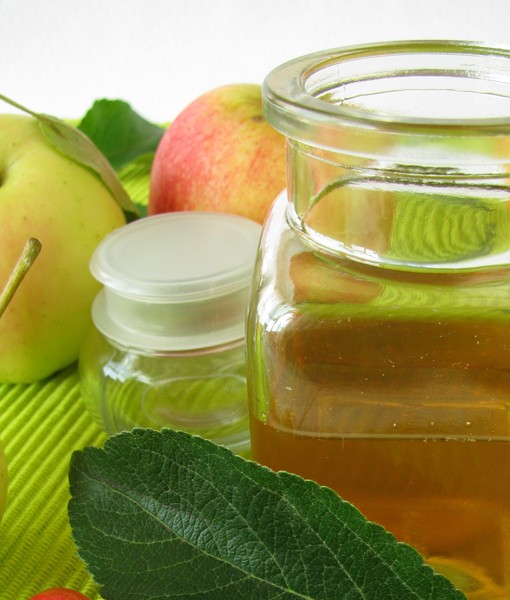
Apple cider vinegar can do a variety of things for your pet. From treating fleas and tear stains to urinary issues and hot spots, this kitchen staple has been known to cure ailments aplenty. (eHow)
Image via Thinkstock
9. Chondroitin
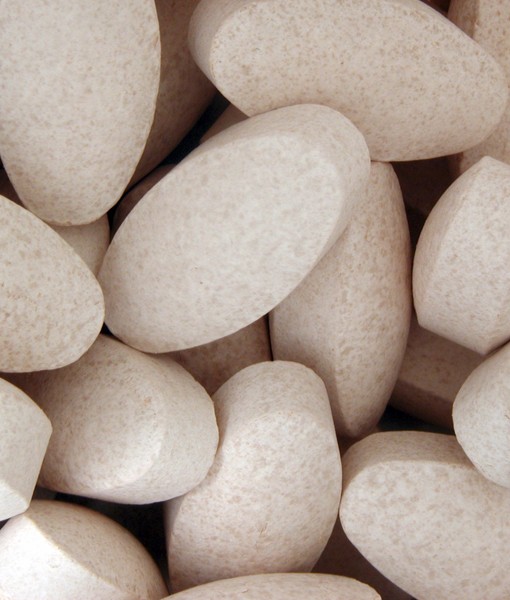
Just like glucosamine, chondroitin has proven beneficial for dogs with mobility or joint issues. Many veterinarians encourage senior dogs to take a glucosamine and chondroitin supplement to fortify their overall health. (petMD)
MORE: 5 Dog Breeds Vets Worry About the Most
Image via Thinkstock
10. Curcumin
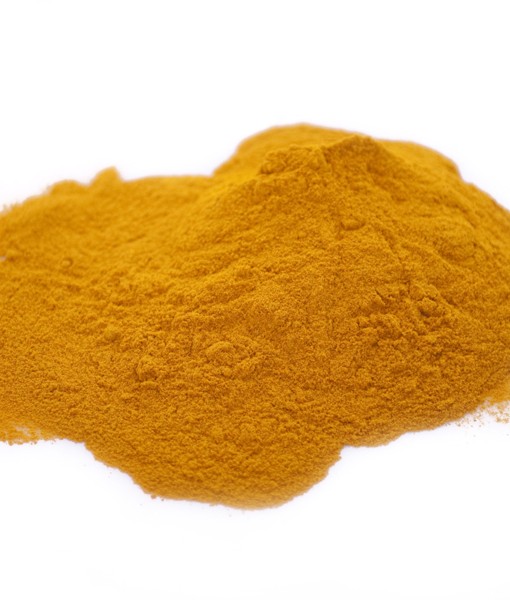
Consider introducing turmeric to both yours and your dog's diet! Curcumin is the active ingredient in this common kitchen spice. Not only does it provide numerous health benefits for humans, it can also be extremely beneficial for your canine's welfare. Curcumin is proven to be good for brain and joint health, and is also known as an anti-cancer nutrient. If you are looking for a more compact way to give your dog curcumin, it is available in a more concentrated form as a small, orange supplement. (Dogster)
Image via Thinkstock
11. Coconut Oil
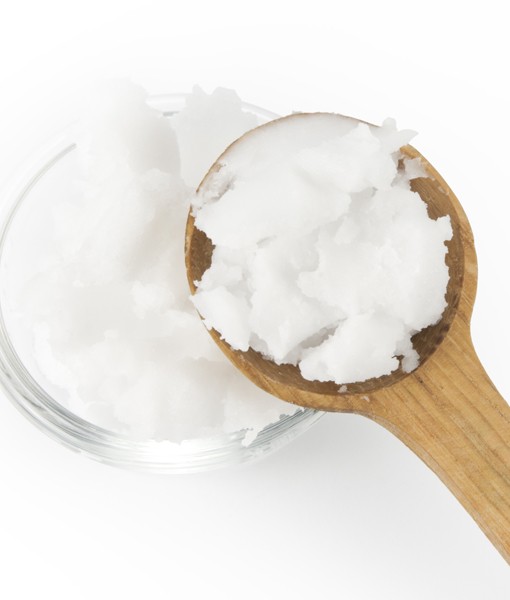
Some people call coconut oil a "miracle in a jar." Like many of the other supplements on this list, coconut oil is known to help support overall health in both humans and dogs. Coconut oil contains lauric acid, a substance that can prevent viral, bacterial and protozoan infections. Coconut oil can also help reduce the risk of cancer, improve digestion, balance metabolism and support a healthy skin and coat in your dog. (Petside)
Image via Thinkstock
12. Vitamin C

Although vitamin C is not required in a dog's diet (since they already process it internally), owners of pets with medical conditions often find that the supplement can help tremendously. Older dogs, canines with symptoms of distemper and hip dysplasia often benefit from vitamin C. It can also help dogs heal broken bones or prevent a urinary tract infection. Vitamin C should be avoided, however, if your pet has a history of urinary oxalate stone formation. This is common in Schnauzers, Lhasa Apsos, Yorkshire Terriers, Miniature Poodles, Shih Tzus and Bichon Frises. Either way, if you are considering supplementing your dog's diet with vitamin C, be sure to consult your veterinarian for the appropriate dose. (petMD)
Image via Thinkstock



